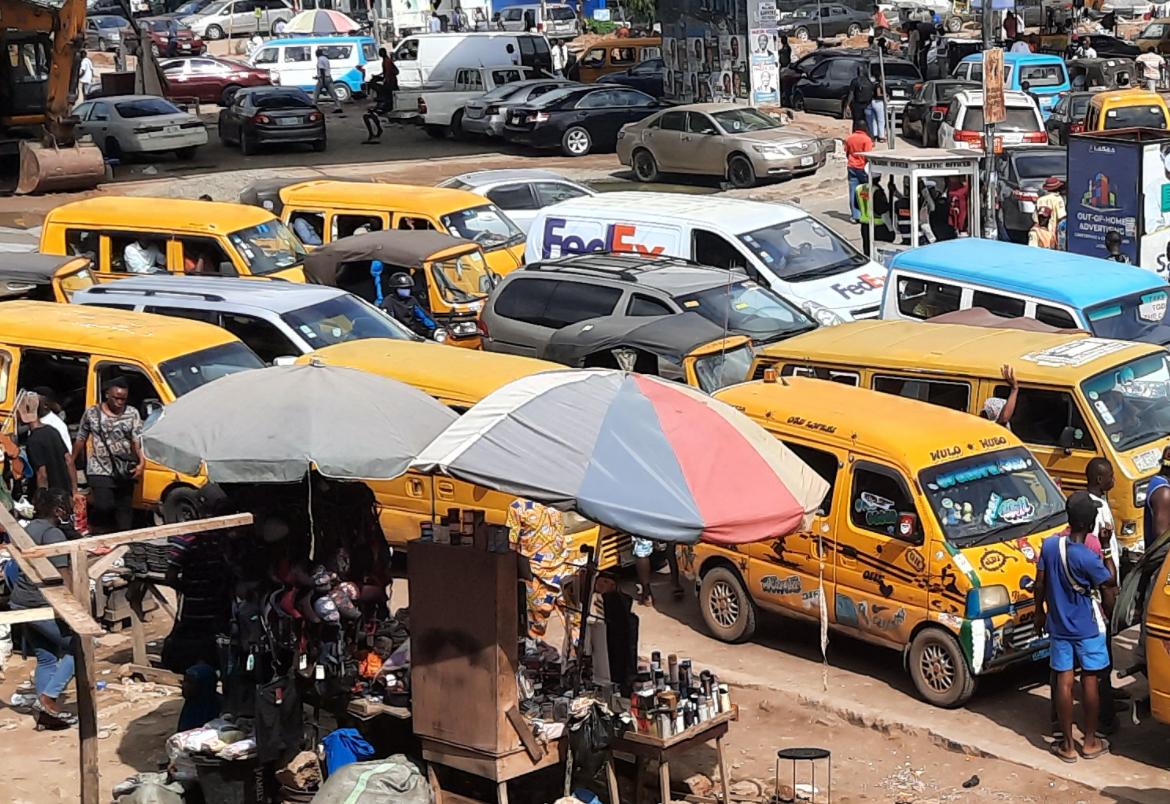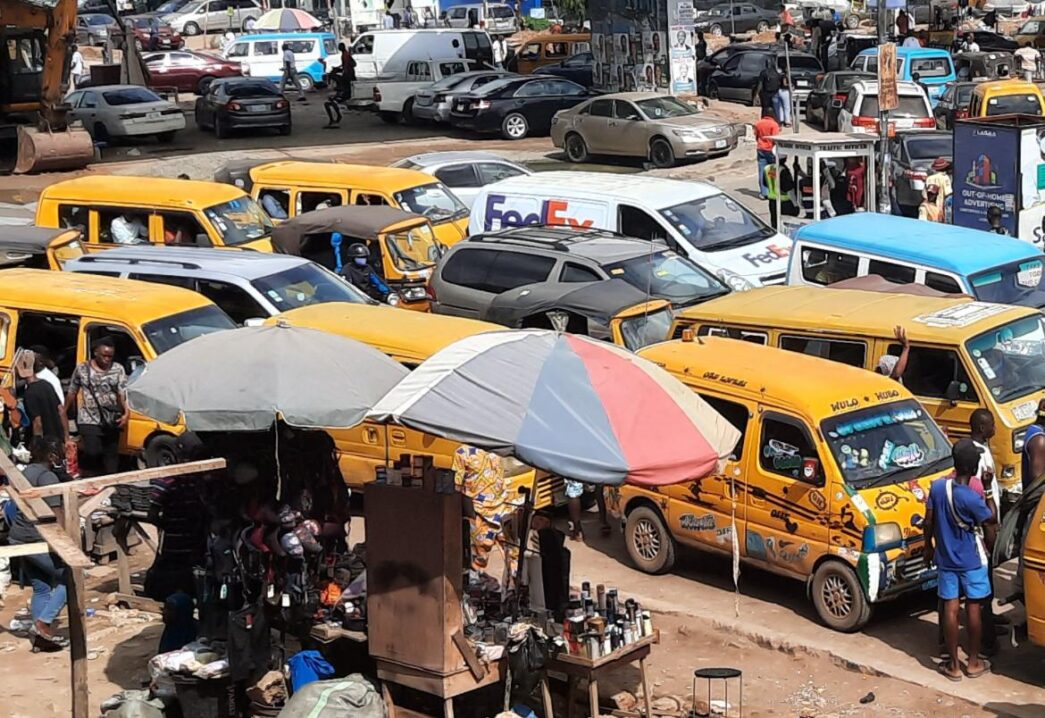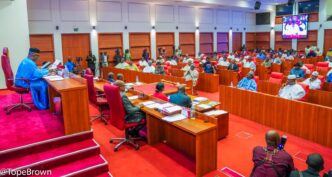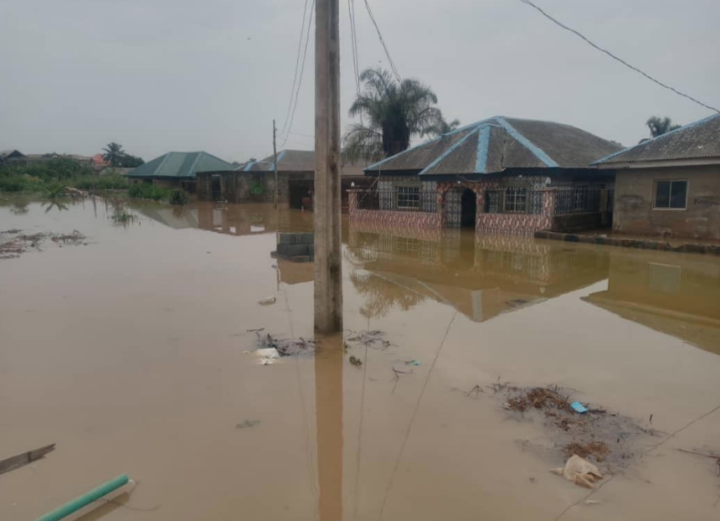Climate change directly affects our communities, health, and livelihoods.
Yet, media coverage often prioritises politics and business over climate-related stories, leaving crucial environment news under-reported.
Climate Watch seeks to bridge this information gap, ensuring that important climate change stories and mitigation efforts stay on your radar.
Here is a round up of last week’s climate stories:
Advertisement
- The Nigerian Meteorological Agency (NiMet) has predicted thunderstorms and rains across the country from Monday to Wednesday, with some states at risk of flooding. In its weather outlook released on Sunday in Abuja, NiMet said morning thunderstorms are expected over parts of Sokoto, Kebbi, Adamawa and Taraba states on Monday, while Bauchi, Borno, Kaduna, Kano, Jigawa, Taraba and Adamawa will experience similar conditions later in the day. The agency warned of possible flooding in parts of Katsina, Kebbi, Zamfara and Sokoto.The central region is expected to have light rains in Niger state in the morning, followed by thunderstorms over the FCT, Plateau, Nasarawa, Benue and Kogi. Flooding may occur in parts of Plateau, Nasarawa and Niger.
For the south, intermittent light rains are expected in Ebonyi, Cross River and Akwa Ibom in the morning, with moderate rains later in Enugu, Edo, Ekiti, Osun, Abia, Rivers and Delta. Flood risks are high in Delta, Imo, Bayelsa, Rivers, Cross River and Akwa Ibom.
NiMet projected similar patterns for Tuesday and Wednesday, with widespread thunderstorms in the north, light rains in the central states and continuous rains in the south.
The agency urged residents in flood-prone areas to activate emergency response systems, advised motorists to avoid driving in heavy rain, and cautioned farmers against applying fertilisers or pesticides before rainfall. Airline operators were also advised to obtain airport-specific weather reports for planning.
- The Lagos State Environmental Protection Agency (LASEPA) says about 70 percent of the choking smog in the state is caused by vehicle emissions. Babatunde Ajayi, general manager of LASEPA disclosed this in a post via his X handle.“Did you know 70% of Lagos’ choking smog comes from vehicle emissions?” he wrote.
Ajayi said the agency has inspected over 12,000 vehicles this year as part of its crackdown on harmful emissions.
Advertisement“At LASEPA, we’re tackling this invisible threat head-on. Every compliant vehicle means cleaner air for all of us,” he said.
The LASEPA boss added that the agency enforces annual vehicular emissions inspections to curb air pollution from transportation sources.
- African cities have united behind a new roadmap to accelerate low emission and climate-resilient urban development. At the just-concluded 2025 Regional Green Economy Forum in Tangier, Morocco, over 500 delegates adopted the Tangier Declaration on accelerating green economy and carbon neutrality in African cities. The declaration is a united call to scale up climate action in African cities and integrate carbon neutrality into their development plans. Read more here.
- The Human and Environmental Development Agenda (HEDA) has asked the senate to compel international oil companies (IOCs) to clean up the environmental damage in the Niger Delta. In a statement issued on August 6 and signed by Olanrewaju Suraju, HEDA chairman, the group urged lawmakers to go beyond crude oil theft probes and address “decades of ecological destruction and economic injustice”. Suraju accused international companies of trying to quietly divest onshore assets and exit Nigeria without addressing the environmental damage in host communities. Read more here.
-
The Nigeria Hydrological Services Agency (NIHSA) has issued a flood alert in 198 LGAs across 29 states and the federal capital territory (FCT) between August 7 and 21. Umar Ibrahim, director-general (DG) of the agency, issued the warning following rising river levels and persistent rainfall across the country. Ibrahim said over 100 communities and key transportation routes could be severely impacted during the forecast period. Find out more here.










